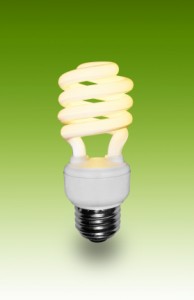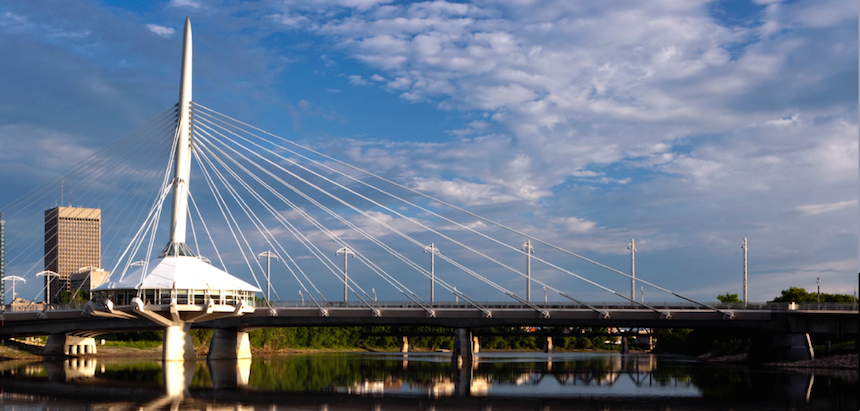 Living a climate-friendly lifestyle is in the details, too. Small changes – the flick of a switch, replacing a light bulb – can add up to big savings over time.
Living a climate-friendly lifestyle is in the details, too. Small changes – the flick of a switch, replacing a light bulb – can add up to big savings over time.
Save money on Hydro bills and reduce greenhouse gas emissions with these simple strategies. Even though Manitoba’s electricity comes from hydroelectricity, reducing our electrical demand reduces fossil fuel burning.
Manitoba Hydro’s exports reduce the amount of fossil fuel-generated electricity needed by out-of-province customers and consequently reduces the amount of greenhouse gases produced.
Manitoba Hydro exports its surplus power to neighbouring provinces (Saskatchewan) and the mid-western United States (Minnesota), where much electricity is generated by burning fossil fuels like coal and natural gas. If we save power consumption here it makes more power available for Hydro to export.
Lights
Buy lower power, energy-efficient compact fluorescent light (CFL) bulbs or Light Emitting Diode (LED) bulbs instead of incandescents
By replacing just one regular, incandescent light bulb with a fluorescent type, you would save 225 kg of carbon dioxide emissions a year (from coal-fired generating stations). (1)
Fluorescents also last longer than regular bulbs – 18 to 20 times longer. (2)
Unlike the older flourescents, the newer “warm white” option provides a pleasant, natural color illumination to a room.
NOTE: CFLs contain a small amount of mercury and should not be thrown out in the normal trash. Some retailers (like IKEA and RONA) will take used CFLs for recycling.
Clean your lights – Dirt, dust and other household fallout like pet hair lowers light efficiency and levels.
Turn lights off when you aren’t in the room – Would you leave your car running for hours on end if you weren’t in it? Same idea. As you leave the room, turn off the lights.
Use motion detectors for outdoor lights – Instead of leaving lights on all night, use a detector that only comes on when you need it.
Turn off a few bulbs – Some light fixtures have multiple bulbs for lighting. Do you need four bulbs worth of light? Try turning off one or two.
Put the Christmas lights on a timer – Set the timer to switch all those bulbs on when darkness falls and off when everyone is sleeping. And be sure to use LED Christmas lights.
Do a quick light audit of your home – Where do you need bright light regularly? Kitchens, workshops and reading areas should have high-wattage lights. Where would a low-wattage light suffice? Consider the light needs for each space and adjust accordingly. Transitional areas like hallways and vestibules don’t need a lot of light, nor do bedrooms.
Computers
Turn off your computer – If you are going to be away from your computer for an extended period, turn it off. Don’t forget the monitor!
Use a power bar – Scanners, speakers and printers should be off, unless in use. Printers, especially laser printers, consume quite a bit of energy, even in standby mode. If these are plugged into a power bar, you can turn them all off at once.
Any electronics that use remote controls consume energy even if they are not in use. (e.g. TVs, DVDs, stereos)
Vacation
Get into the habit of unplugging as many electrical items as possible when vacationing, for energy savings and safety.




